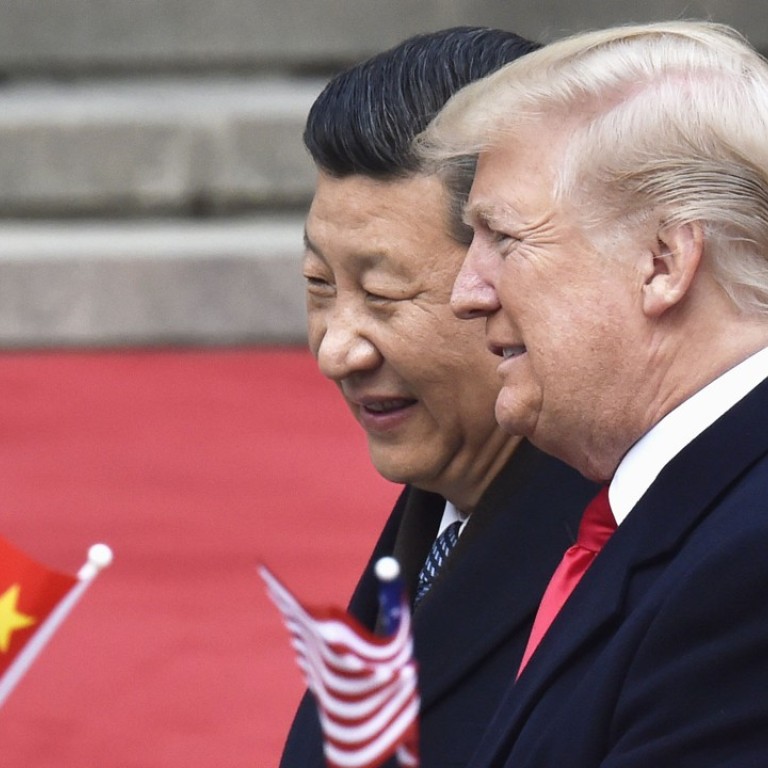
Cooperation better than confrontation between US and China
Speeches by Xi Jinping and Donald Trump in Vietnam tended to highlight their differences and this is important for the future of the Asia-Pacific region
If the Xi-Trump summit in Beijing was about sealing bilateral deals that papered over disagreements, their separate appearances before a regional audience in Da Nang, Vietnam, yesterday tended to highlight differences. They both delivered powerful speeches to the Asia-Pacific Economic Cooperation CEO summit, but could not have been much further apart in emphasis and style.
Having again cleared China and other countries of blame for US trade woes, Trump stayed on message for “America first” and fair competition. Without mentioning China, he served notice of intolerance of rules that undermined US interests, such as theft of intellectual property rights and forced technology transfer. Turning to Asia, he pledged to stand up for national freedom and sovereignty, including freedom of navigation, and defend a rules-based regime. He repeatedly used the term “Indo-Pacific” for the concept of an alliance between the United States, Japan, India and Australia that he has raised with other leaders on his current trip. The implication of containing China did nothing to ease the concerns his regional audience may have had about confrontation rather than cooperation.
Without referring directly to Trump, Xi said peace in the region depended on mutual trust. He focused more on regional cooperation to seize the growth opportunities of globalisation, and meet the common challenge of unbalanced development left by the global financial crisis. The answer was to make development more inclusive by countries working together. Having become the leading contributor to global wealth, China would sustain its growth momentum through innovation focusing on artificial intelligence and big data. In the process he forecast China would buy US$24 trillion of imports in the next 15 years and invest US$2 trillion overseas.
The leaders of China and the US therefore gave very different messages to Asian counterparts. While many Asian countries will see it as a good sign that Trump is talking about how the US wants to defend or guarantee regional stability and the rule of law, to many ears his message focuses too narrowly on American interests.
Xi’s speech was unquestionably softer and more inclusive, highlighting the need for countries to get together to seize the opportunities offered by China and globalisation, and talking about creating an environment conducive to every country sharing in the benefits. In a sense Xi’s speech was more outward looking, hopeful and aspirational. The contrast could be important.
Like it or not, the future of the Asia-Pacific region is going to be decided by these two giants and by how they see themselves and each other’s role. In that respect a cooperative rather than confrontational approach is more positive for everyone.

